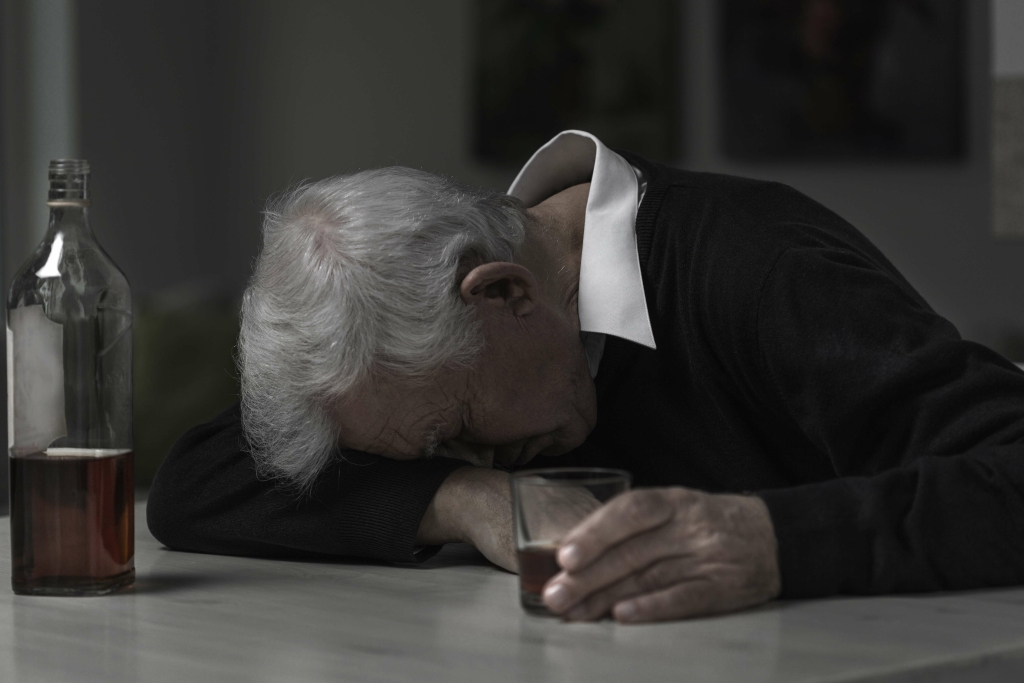If that person has been diagnosed as an alcoholic, the answer is “no.” Alcoholics who try to cut down on drinking rarely succeed. Cutting out alcohol — that is, abstaining — is usually the best course for recovery. People who are not alcohol dependent but who have experienced alcohol-related problems may be able to limit the amount they drink. If they can’t stay within those limits, they need to stop drinking altogether. Here’s some information to help you get ready for your appointment, and what to expect from your health care provider or mental health provider. Since there is no medication or other ALD-specific treatment yet available, the only way you can repair liver damage from ALD is by quitting alcohol.

Why is an Alcohol Addiction Rehab Program Important to Recovery?
- People who binge drink often lack the ability to control their alcohol intake.
- The following information explains both alcoholism and alcohol abuse, the symptoms of each, when and where to seek help, treatment choices and additional helpful resources.
- For serious alcohol use disorder, you may need a stay at a residential treatment facility.
They continue to consume alcohol even when it causes legal, professional, or interpersonal issues. Three oral medications — disulfiram (Antabuse®), naltrexone (Depade®, ReVia®) and acamprosate (Campral®) — are currently approved to treat alcohol dependence. In addition, an injectable, long-acting form of naltrexone (Vivitrol®) is available. These medications have been alcohol rehab shown to help people with dependence reduce their drinking, avoid relapse to heavy drinking, and achieve and maintain abstinence.
Rehabilitation Programs

When a person consumes alcohol, the brain releases dopamine, a chemical that creates feelings of pleasure and relaxation. Over time, the brain becomes dependent on alcohol to release dopamine, leading to tolerance, cravings, and withdrawal symptoms when alcohol is not present. There is no way around the fact that, if you want to beat alcoholism, you are going to need to stop drinking. The first step to any treatment will be detox, which you can do at home, as part of an outpatient service, or within a treatment centre. It is generally recommended that you do not attempt to detox without medical supervision, as this can be dangerous or even life threatening, can alcoholism be cured depending on how severe your addiction is.
- Alcoholism is a serious health condition, and can have devastating consequences on an individual’s physical and emotional health.
- In fact, a study published in Alcohol, Clinical and Experimental Research found the average number of relapse attempts to be over five attempts at recovery before sustained abstinence.
- Speaking with a doctor or another substance use disorder professional can help you discern what you need to return to recovery.
- Addressing these health implications is a crucial aspect of recovery and often requires a comprehensive treatment plan that includes medical intervention, lifestyle changes, and ongoing support.
- It’s an excellent option for transitioning from residential care or for those needing structured support without full hospitalization.
- Rather than see relapse as a setback, it can be helpful to view it as an essential part of the recovery journey.
Stage 4: Medication-Assisted Treatment (MAT)

Detox involves eliminating alcohol from the body and managing the alcohol withdrawal symptoms that come with stopping drinking. Because alcohol withdrawal can be severe and even life-threatening in some cases (e.g., seizures, delirium tremens), medical supervision during detox is crucial. Alcohol withdrawal syndrome, which includes a range of severe symptoms, underscores the importance of professional medical oversight to ensure safety during the detox process. When addressing drinking problems, it’s important to also seek treatment for any accompanying medical and mental health issues. The first step in getting help for alcoholism is finding a rehab or treatment facility that provides research-based treatment aimed at helping the individual recover and manage the condition. Comprehensive treatment gives individuals the needed tools to stay sober for the long-term and enjoy productive lives despite the disorder.



